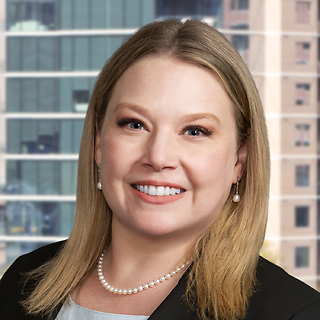I recently received a call from a public adjuster who told me that his client’s property was flooded when a municipal water main broke which caused damage to his property when it flooded.
The insurance company denied the claim by citing several exclusions including but not limited to:
B. Water
1. Flood, surface water, waves (including tidal wave and tsunami), tides, tidal water, overflow of any body of water, or spray from any of these, all whether or not driven by wind (including storm surge);
2. Mudslide or mudflow
3. Water that backs up or overflows or is otherwise discharged from a sewer, drain, sump, sump pump or related equipment.
4. Water under ground surface pressing on, or flowing or seeping through:
(a) Foundations, walls, floors or paved surfaces;
(b) Basements, whether paved or not; or
(c) Doors, windows or other openings
According to New York and Massachusetts case law, these types of losses should be covered.
I have written about coverage in New York when an insured has a backup of a plumbing system on the property. New York courts find that the exclusionary provisions of the insurance contract are no bar to coverage as they preclude only recovery for damages arising from natural causes, not from artificial devices.1 In coming to this conclusion, New York courts have stated, “[t]he court must ascertain the intent of the parties from the plain meaning of the language employed, giving terms their plain, ordinary, popular and non-technical meanings.”2
Similarly, the same loss occurred in Mark Williams & others, trustees v. Gulf Insurance Company,3 where not only did the insured recover for the property damage sustained when a water main broke, but due to the insurers bad faith in restoring the property when they elected to repair the property themselves, the insureds were able to recover double damages, attorney fees, and costs.
In addition to the Williams ruling, in Surabian Realty Co., Inc v. NGM Insurance Company,4 the insured’s commercial building flooded when a parking lot drain backed up during a heavy rain, causing flooding in a building. The court concluded that the insured’s insurance contract excluded damage caused by flood waters that spread over the surface of the ground without having entered a drain, but to cover damage caused by water that backed up after entering the drain.
I would like to invite public insurance adjusters to join me, Chip Merlin, and Verne Pedro on February 20th at the Hyatt Centric Times Square, 135 West 45th Street, New York, NY 10036 from 10:30 – 4 p.m., for a free Merlin Law Group seminar on Cold Weather Claims; Adjusting Issues Involving Changing Policy Language; and Professional Estimating vs. Standard Estimating Practices. New York CE credits and lunch will be provided. Click here to register for this event.
I hope you see you all there!
I leave you with a contextually appropriate quote from former Vice President of the United States, Hubert Humphrey, “[t]o err is human. To blame someone else is politics.”
______________________
1 see, e.g. Popkin v. Security Mutual Ins. Co., 48 A.D.2d 46 (1st Dep’t 1975); Novick v. United Servs. Auto. Assn., 225 A.D.2d 676, 677 (2nd Dep’t 1996).
2 U.S. Fidelity & Guar. Co. v. Annunziata, 501 N.Y.S.2d 790, 67 N.Y.2d 229, 492 N.E.2d 1206 (N.Y., 1986) ; Benderson Dev. Co. v. Schwab Bros. Trucking, 64 A.D.2d 447, 456 (4th Dep’t 1978).
3 Williams v. Gulf Ins. Co., 39 Mass.App.Ct. 432 (1995).
4 Surabian Realty Co., Inc v. NGM Ins. Co., 462 Mass. 715 (2012).



